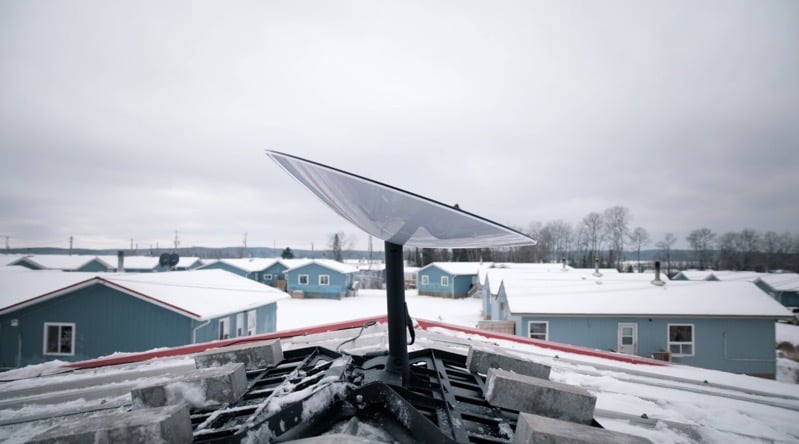
SpaceX’s Total Starlink Investment May Reach $20-30 Billion, Says Elon Musk

In his virtual video interview during the Mobile World Congress being held in Barcelona, SpaceX CEO Elon Musk talked about Starlink’s exponential growth, and also touched upon the venture’s finances, reports Reuters.
Starlink is SpaceX’s high-speed satellite broadband project designed to bridge the connectivity gap in rural/remote areas and provide affordable internet at viable speeds anywhere and everywhere.
Musk estimates that total investment costs in the satellite internet venture may add up to $20-30 billion USD in the long run. “It’s a lot, basically,” said the billionaire. While SpaceX is good for the investment, it will have to keep the cash flowing to keep Starlink competitive.
Highlight's from Elon Musk's MWC keynote so far:
– Starlink has 69,420+ (ha) active users. Expecting 500K+ in 12 months
– Terminals cost $1K but sell for $500. Working on a cheaper "next generation" terminal
– Will attempt orbital Starship launch within the next few launches— Jackie Wattles (@jackiewattles) June 29, 2021
Musk also estimates that Starlink will require an up-front investment of $5-10 billion USD before the business can achieve and maintain a viable positive cash flow.
That’s to be expected when the company’s eating 50% of the cost for each Starlink terminal, and will continue to do so until a cheaper, next-generation terminal is developed. Current costs are at $1,000 USD each to produce, but terminals are sold at $500 USD.
On the bright side, the service already has over 1,500 satellites (and growing) in Low-Earth Orbit (LEO), speeds are impressive and constantly improving, and Starlink is already available as a beta in a dozen countries, with more being added to the list each month. In countries that already have Starlink, the service has received rave reviews.
According to Musk, Starlink has surpassed 69,420+ active subscribers at the moment. The service forecasts a bump to 500,000 subscribers sometime in the next 12 months once Starlink achieves near-global coverage.
“There’s a need for connectivity in places that don’t have it right now,” said Musk, when questioned about the profitability of Starlink, considering its rural focus.

